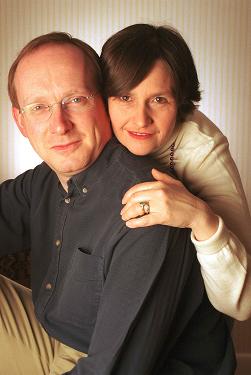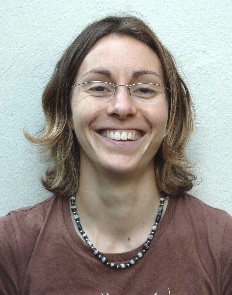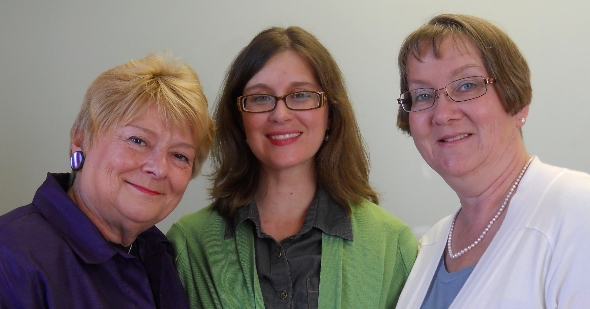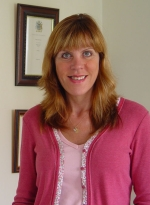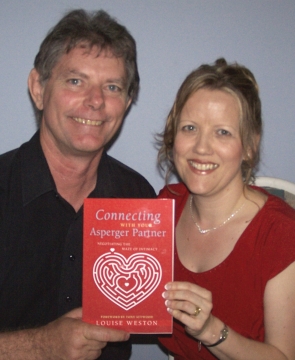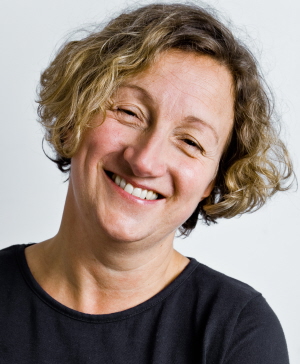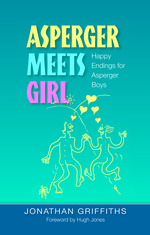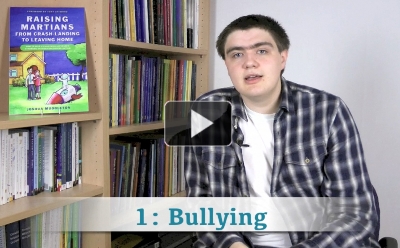“I began writing the book without thinking any of the characters would have autism, but as I was writing, I began to realise that much of Maisie’s personality could be seen as being quite autistic. I was very keen however, that Maisie didn’t become an ‘autistic’ character. I just want her to be Maisie, and explore the world in her own way. The fact she might have autism is just one element of her personality. Perhaps part of me also hopes that we can start to see people for being more than just their autism, we need to be open to all that they are and can be.”
